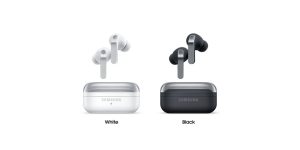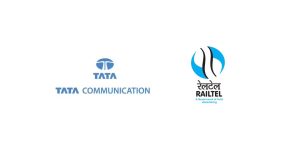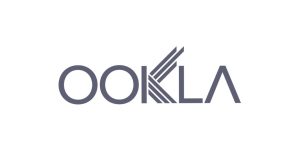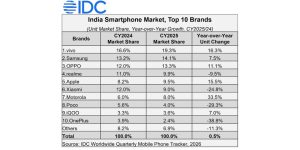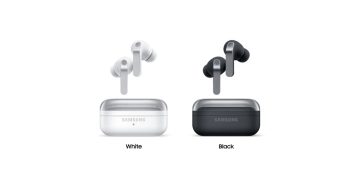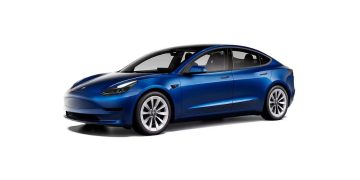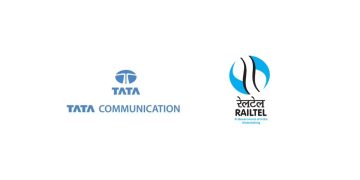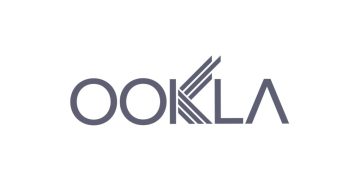Uber has rejected claims of charging iPhone users higher fares compared to Android users, following notices from the Central Consumer Protection Authority (CCPA). This controversy has sparked a larger debate on fair pricing practices in India’s digital economy.
Key Points
Allegations of Differential Pricing: Social media users and media reports claimed iPhone users were charged more for rides than Android users.
Uber’s Response: Uber has denied these allegations, stating its pricing does not depend on the phone manufacturer.
CCPA Involvement: The CCPA has sent notices to both Uber and Ola to address these claims.
Minister’s Directive: Consumer Affairs Minister Pralhad Joshi called such practices “unfair trade practices.”
Expansion of Probe: The CCPA is extending its investigation to other sectors like food delivery and online ticketing.
Ola’s Silence: While Uber responded, Ola and tech giants Apple and Google have yet to comment.
Potential Regulatory Changes: The investigation could lead to stricter regulations for pricing practices in India’s digital economy.
CCPA Investigates Pricing Allegations
The controversy began when reports surfaced suggesting that ride-hailing platforms, particularly Uber and Ola, were engaging in differential pricing based on a user’s smartphone platform. The Central Consumer Protection Authority (CCPA) acted on these allegations, sending formal notices to both companies.
India’s Consumer Affairs Minister, Pralhad Joshi, took a strong stance on the issue, describing differential pricing as an “unfair trade practice” and a violation of consumer rights. He emphasized the need for transparency and fairness in digital platforms, directing the CCPA to investigate further.
Uber’s Official Statement
In response to the allegations, Uber issued a statement denying any bias in its pricing algorithms. A company spokesperson clarified, “We do not set prices based on a rider’s phone manufacturer. We are committed to working with the CCPA to address and resolve any misunderstandings.”
Ola and Other Players Silent
While Uber has publicly refuted the claims, Ola, its key rival in India, has not yet issued a statement. Similarly, Apple and Google, whose platforms might play a role in such algorithms, have remained silent.
India’s Role in the Ride-Hailing Market
India is a critical market for ride-hailing companies like Uber and Ola. It is one of Uber’s largest markets outside North America, with fierce competition from Ola, Rapido, and BluSmart. Allegations of unfair trade practices could have significant implications for these companies.
Broader Implications for Other Sectors
The CCPA’s investigation could extend beyond ride-hailing platforms to other industries, such as food delivery services and online ticketing portals. If evidence of similar pricing practices is found, it could prompt regulatory changes across India’s digital economy.
Impact on Consumers and Businesses
If the allegations are proven, ride-hailing companies may face penalties and increased scrutiny, potentially leading to overhauls in their pricing strategies. This could benefit consumers by fostering greater transparency and fairness in pricing.
Conclusion
As the investigation unfolds, all eyes are on the CCPA’s findings. The outcome could redefine pricing practices in India’s growing digital economy, setting a benchmark for transparency and consumer rights. Uber and Ola, along with other digital platforms, will need to navigate these challenges carefully to maintain trust and compliance.
Follow Before You Take on Facebook | Twitter | WhatsApp Channel | Instagram | Telegram | Threads | LinkedIn, For the Latest Technology News & Updates | Latest Electric Vehicles News | Electronics News | Mobiles News | Software Updates






















































